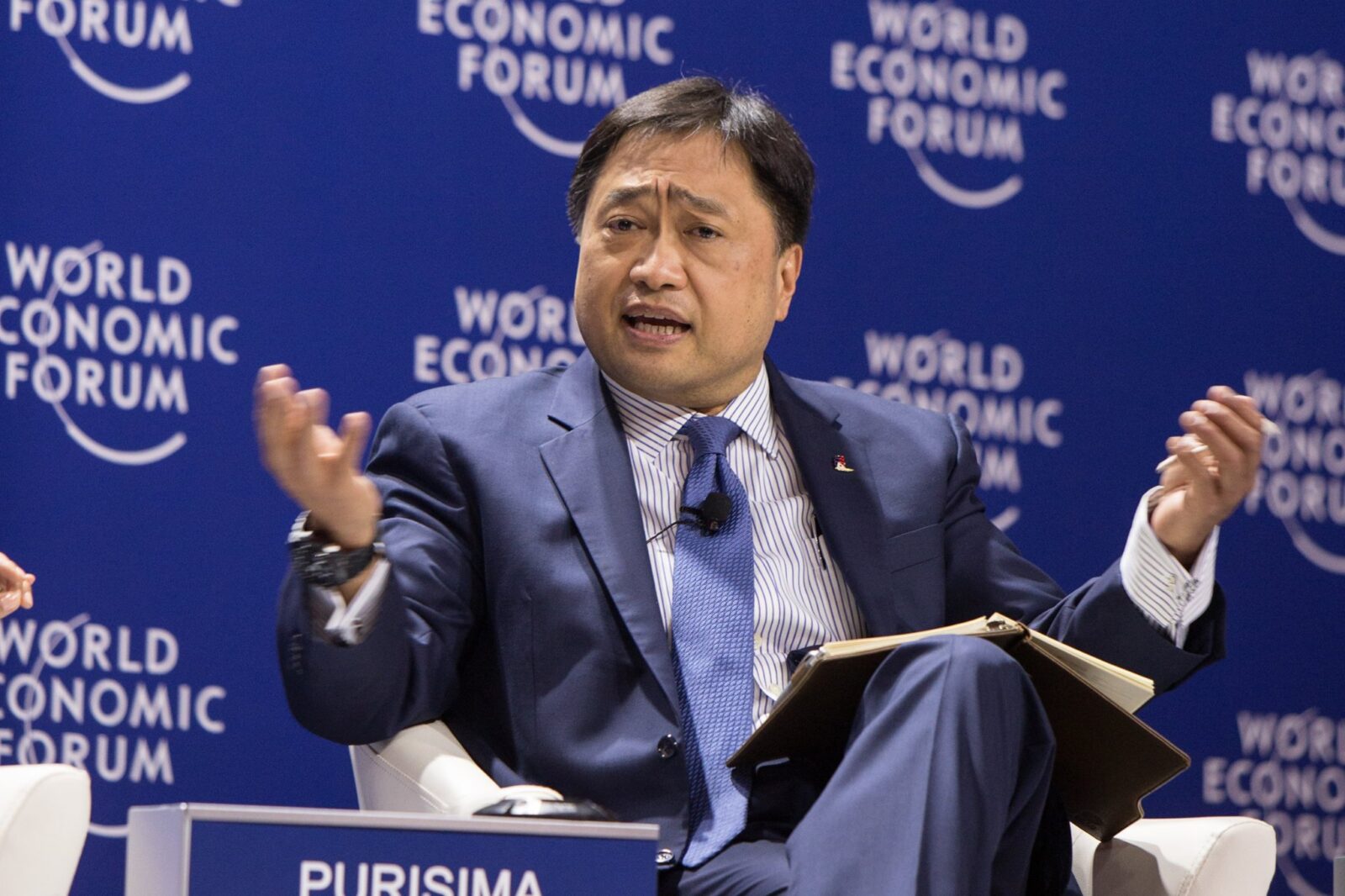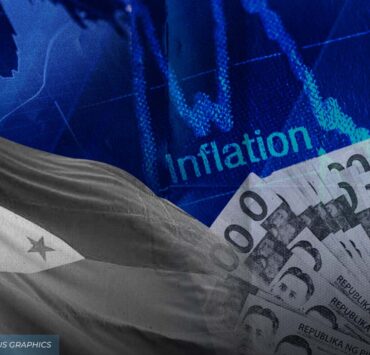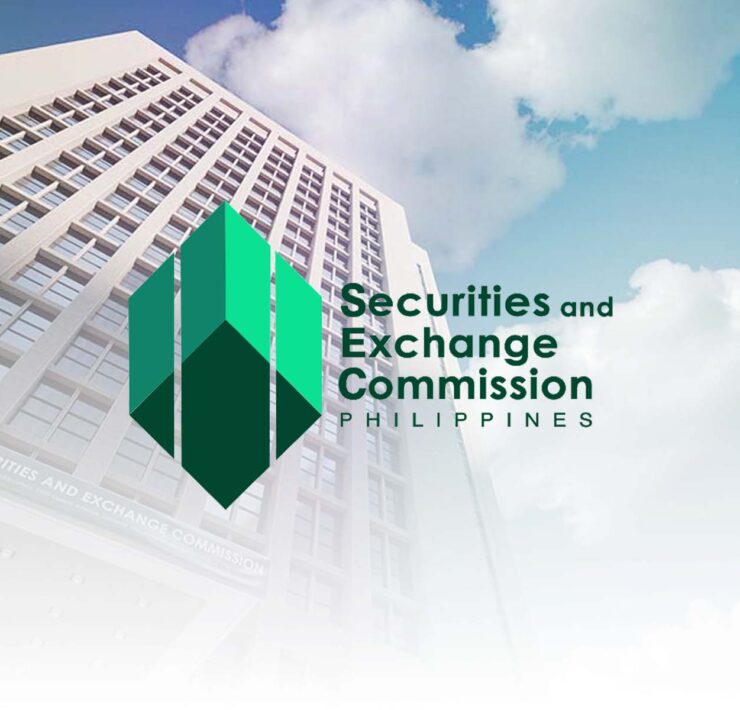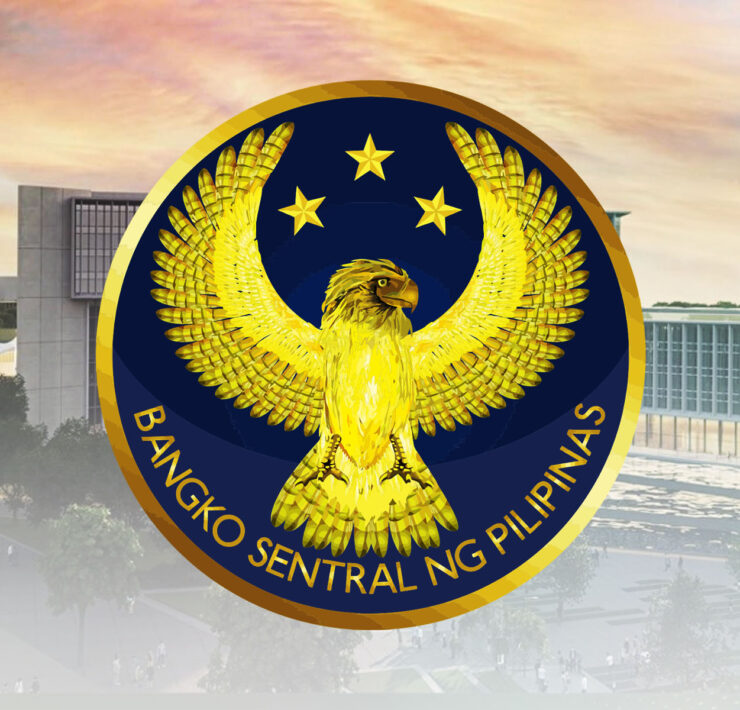Purisima hits Trump’s ‘tariff tantrum’

Former Finance Secretary Cesar Purisima on Friday described US President Donald Trump’s sweeping tariff policy as a “tariff tantrum,” criticizing the American leader’s brand of “economic liberation” as more akin to “economic isolation.”
In a LinkedIn post, Purisima expressed concern over the 170percent tariff imposed on Philippine-made goods by the U.S., calling it an unwarranted and disruptive move that could escalate tensions in global trade.
He said that such a policy would have far-reaching effects, not only on the Philippines but also on the broader international trade ecosystem.
“For the rest of the world, this is not the time to mirror chaos with chaos. It’s time for strategy, not spite,” Purisima said in his post.
He urged international leaders, mentioning the European Union (EU) in particular, to take the lead in crafting a unified response.
The former finance chief also proposed several proactive strategies for the international community to adopt in order to mitigate the impact of the US tariffs.
Among these were fast-tracking regional trade agreements like the Regional Comprehensive Economic Partnership (RCEP) and the Comprehensive and Progressive Agreement for Trans-Pacific Partnership (CPTPP), as well as modernizing the World Trade Organization (WTO) to address new challenges in digital trade.
Additionally, he advocated for policies that would incentivize supply chain diversification, promote intra-regional currency settlements, and develop regional capital markets.
While acknowledging the headlines surrounding the tariff dispute, Purisima remained optimistic about the potential for global economic cooperation.
He argued that, rather than being defined by “tariff tantrums,” nations can thrive by building stronger, strategic economic relationships and strengthening their positions in global trade.
Economic Security Council
Meanwhile, the Management Association of the Philippines (MAP) has urged the immediate formation of an economic security council to address the growing challenges posed by recent global trade developments.
The prominent business group issued the call on Friday, nearly a day after United States (U.S.) President Donald Trump announced a new tariff policy that will impose a 17 percent rate on Philippine exports starting April 9.
In its statement, MAP suggested that the proposed council be placed under the Office of the President, with representation from key government agencies as well as private sector and industry stakeholders.
“Many foreign governments have acknowledged the value and effectiveness of having their respective private sector and industry as key partners in addressing these new challenges,” the group said.
Among the agencies MAP recommended for inclusion in the council are the Department of Trade and Industry (DTI), the Department of Foreign Affairs (DFA), the National Security Council, the Department of Finance (DOF), the National Economic and Development Authority (NEDA), the Philippine Economic Zone Authority (PEZA), the Anti-Red Tape Authority (ARTA), and the Department of Labor and Employment (DOLE).
The council’s main responsibilities would include gathering and analyzing data on the impact of the tariff on the economy, as well as recommending measures to mitigate risks for the affected industries. It would also help identify emerging opportunities and alternative markets for Philippine businesses.
MAP further emphasized that the council could provide vital scenario modeling analysis to assist the president and the executive branch in developing strategies and negotiating with other governments.
Boost in trade, investment
Amid the recent turn of events, the Philippine Economic Zone Authority (PEZA) expressed optimism for the country’s export sector amid Trump’s tariff policy.
“While the 17 percent tariff will make Philippine exports to the U.S. more expensive, this rate remains among the lowest in Southeast Asia,” PEZA Director General Tereso Panga said in a statement.
He noted that neighboring countries face significantly higher tariffs, with Vietnam at 46 percent, Thailand at 36 percent, Indonesia at 32 percent, and Malaysia at 24 percent, making the Philippines a more competitive option for foreign investors.
Panga said they are also actively promoting the “China+1+1” strategy, which encourages businesses to maintain operations in China while expanding into the Philippines.
“Coupled with recent positive developments such as the Regional Comprehensive Economic Partnership (RCEP) and the CREATE MORE (Creating Opportunities to Remove Economic Restrictions) Act, we believe these measures will mitigate the tariff impact and make the Philippines an even more attractive investment destination,” Panga said.
To support affected industries, Panga said they are advocating for a sectoral tariff reduction, particularly for electronics, semiconductor products, and IT-BPM services.
Recession risks
American credit rating agency Fitch Ratings Inc. issued a stark warning about the growing risks of a U.S. recession due to Trump’s new tariff policy.
Fitch highlighted that the move is also transforming the global economic outlook and constraining the Federal Reserve’s ability to lower interest rates further.
It said that the overall impact of the tariff adjustments will bring the U.S. the effective tariff rates (ETR) to around 25 percent, a significant leap from the 18 percent previously forecasted for 2025.





















